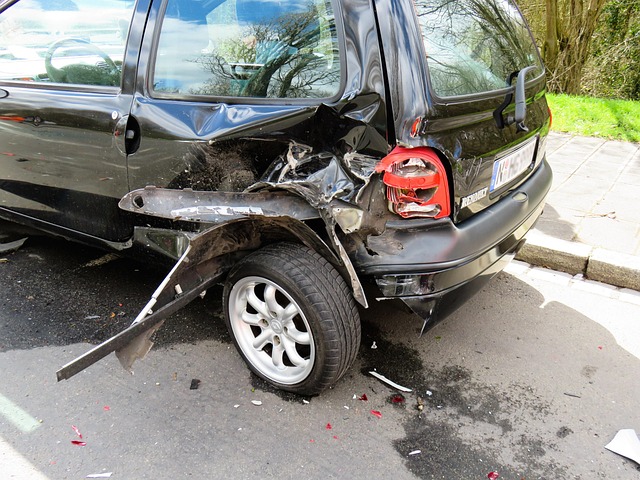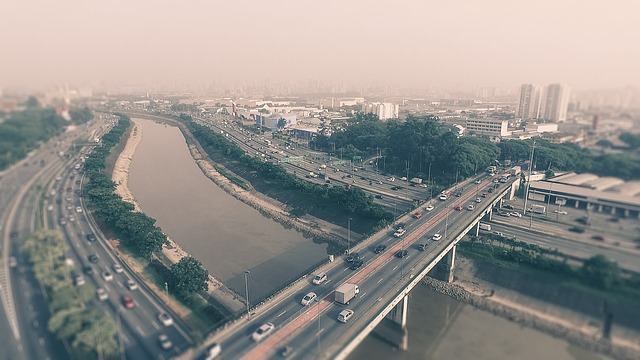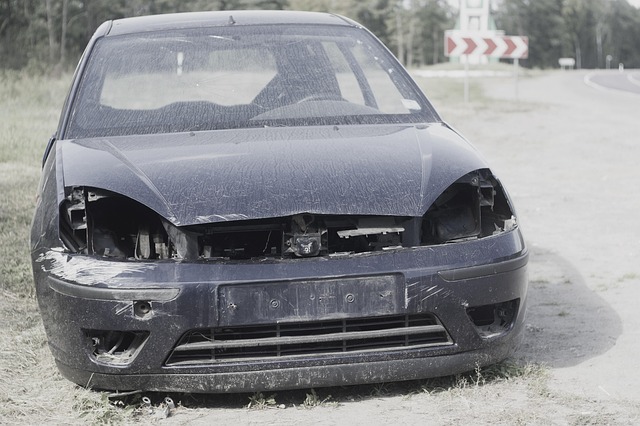A Peoria Car Accident Lawsuit requires understanding local laws and retaining experienced legal counsel to navigate liability under Illinois' contributory negligence rule. Choose an attorney with deep knowledge of local traffic laws, proven experience in similar cases, clear communication, free consultations, and transparent pricing to demystify rights, aid in evidence collection, negotiate with insurers, and ensure just compensation for medical, property, and pain & suffering damages.
After a car accident in Peoria, navigating a lawsuit can seem overwhelming. Understanding Peoria car accident laws is crucial for a successful claim. Choosing the right attorney is essential to ensure you receive fair compensation for your injuries and losses. This article guides you through the process, offering insights on understanding local laws, selecting legal counsel, and navigating the aftermath of an accident to help you win your Peoria car accident lawsuit.
- Understanding Peoria Car Accident Laws
- Choosing the Right Attorney for Your Case
- Navigating the Legal Process After an Accident
Understanding Peoria Car Accident Laws

In the event of a car accident in Peoria, understanding the local laws is crucial for navigating a potential lawsuit. The Peoria Car Accident Lawsuit process involves several key steps and considerations. First, it’s essential to assess liability, which typically rests with the at-fault driver. Unlike some states, Illinois follows a pure contributory negligence rule, meaning each party’s compensation is reduced by their degree of fault. This makes retaining experienced legal counsel even more critical.
Attorneys specialized in Peoria Car Accident Laws can help victims understand their rights and duties under the law, ensuring they receive fair compensation for medical expenses, property damage, and pain and suffering. They will gather evidence, negotiate with insurance companies, and represent clients in court if necessary. This expert guidance is vital to ensure a positive outcome in what can be a complex and stressful process.
Choosing the Right Attorney for Your Case

When it comes to handling a Peoria car accident lawsuit, selecting the ideal legal counsel is a pivotal decision. It’s crucial to find an attorney who possesses a deep understanding of local traffic laws and personal injury cases. Look for someone with proven experience in successfully navigating similar lawsuits, as this expertise can significantly impact your outcome.
Research their track record, read client testimonials, and ensure they maintain open communication throughout the process. The right lawyer will guide you through every step, explaining complex legalities in clear terms. They should offer a free consultation to discuss your case, ensuring there are no hidden costs or unexpected fees. Choose an attorney dedicated to fighting for your rights and delivering just compensation for your Peoria car accident lawsuit.
Navigating the Legal Process After an Accident

Navigating the legal process after a car accident can be overwhelming, especially if you’re dealing with injuries and financial constraints. When considering a Peoria Car Accident Lawsuit, it’s crucial to seek professional guidance from experienced attorneys. They will help you understand your rights and the legal options available to you.
Attorneys specializing in such cases know the intricate details of personal injury law and can assist in gathering evidence, filing necessary paperwork, and negotiating with insurance companies. Their expertise ensures that you receive fair compensation for medical bills, lost wages, pain and suffering, and other damages resulting from the accident.
When pursuing a Peoria Car Accident Lawsuit, having experienced and trustworthy legal representation is paramount. By understanding Peoria car accident laws and choosing the right attorney, you can ensure your case navigates the complex legal process effectively. After an accident, this guide has provided valuable insights into each step, empowering you to make informed decisions towards justice and fair compensation.
